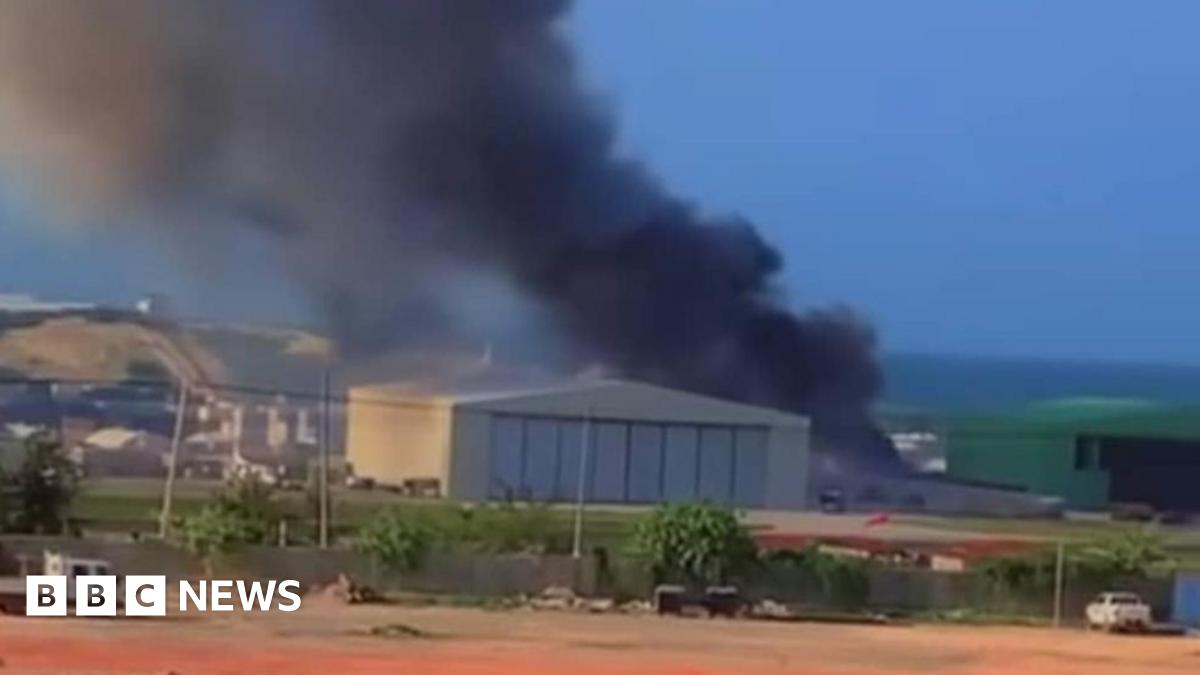Bulgaria Faces Mounting Opposition: Thousands Demand Referendum on Euro Adoption

Sofia, Bulgaria – Thousands of Bulgarians took to the streets on Saturday, voicing strong opposition to the country's planned adoption of the Euro. Demonstrations erupted in major cities across the nation, with protestors demanding a referendum on the issue. The demonstrations mark a significant challenge to Prime Minister Rossen Jeliazkov's government and its euro adoption strategy.
The protests, organized by various civic groups and political organizations, drew a diverse crowd of citizens concerned about the potential economic and social consequences of joining the Eurozone. Key concerns include the potential impact on prices, inflation, and the loss of control over monetary policy.
"We are not against Europe, but we believe that Bulgaria is not ready for the Euro," stated a spokesperson for one of the leading protest organizers. "Our economy is still fragile, and adopting the Euro could exacerbate existing problems and harm ordinary citizens."
Economic Concerns Drive Protests
The decision to adopt the Euro has been a long-standing goal for Bulgaria, a member of the European Union since 2007. However, recent economic uncertainties and rising inflation have fueled public skepticism. Many fear that adopting the Euro will lead to a sharp increase in prices, eroding purchasing power and negatively impacting the cost of living.
Critics also argue that joining the Eurozone will limit Bulgaria's ability to respond to economic shocks and implement policies tailored to its specific needs. The loss of control over monetary policy, they contend, will leave the country vulnerable to external forces.
Government Response and Referendum Call
Prime Minister Jeliazkov has defended the euro adoption plan, arguing that it is essential for Bulgaria's economic integration and long-term prosperity. He maintains that the government has taken steps to mitigate the potential risks and ensure a smooth transition.
However, the scale and intensity of the protests have put pressure on the government to reconsider its approach. Protest organizers are calling for a referendum to allow the Bulgarian people to directly decide on the issue. They argue that a referendum is the most democratic way to determine the country's future in the Eurozone.
“The people deserve a voice in this critical decision,” said another protest leader. “We urge the government to listen to the concerns of its citizens and hold a referendum as soon as possible.”
Political Implications
The protests have significant political implications for the Jeliazkov government. They highlight the deep divisions within Bulgarian society over the euro adoption issue and could potentially erode public support for the ruling coalition. Opposition parties have seized on the protests to criticize the government's handling of the economy and its decision-making process.
The government’s next steps remain uncertain. While Jeliazkov has so far resisted calls for a referendum, the growing public pressure may force him to reconsider his position. The outcome of this debate will have a profound impact on Bulgaria's economic future and its relationship with the European Union.
The demonstrations are expected to continue in the coming weeks, and the government is likely to face increasing scrutiny over its euro adoption plan. The situation underscores the importance of public engagement and democratic participation in shaping Bulgaria's economic policies.






